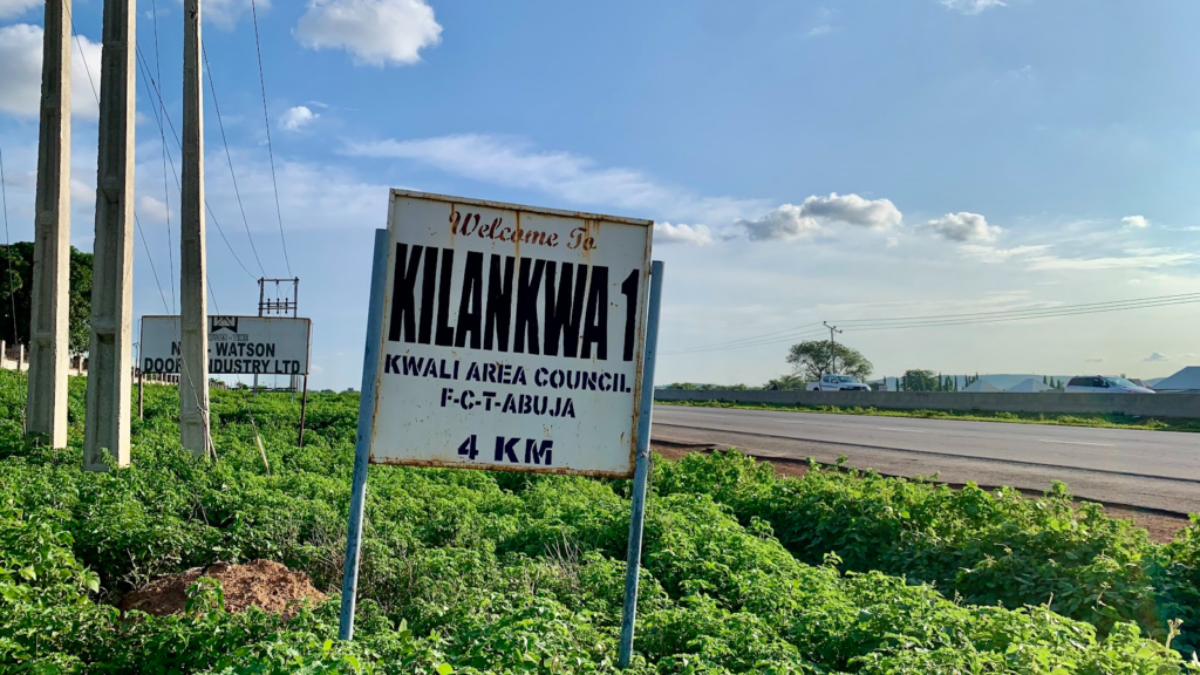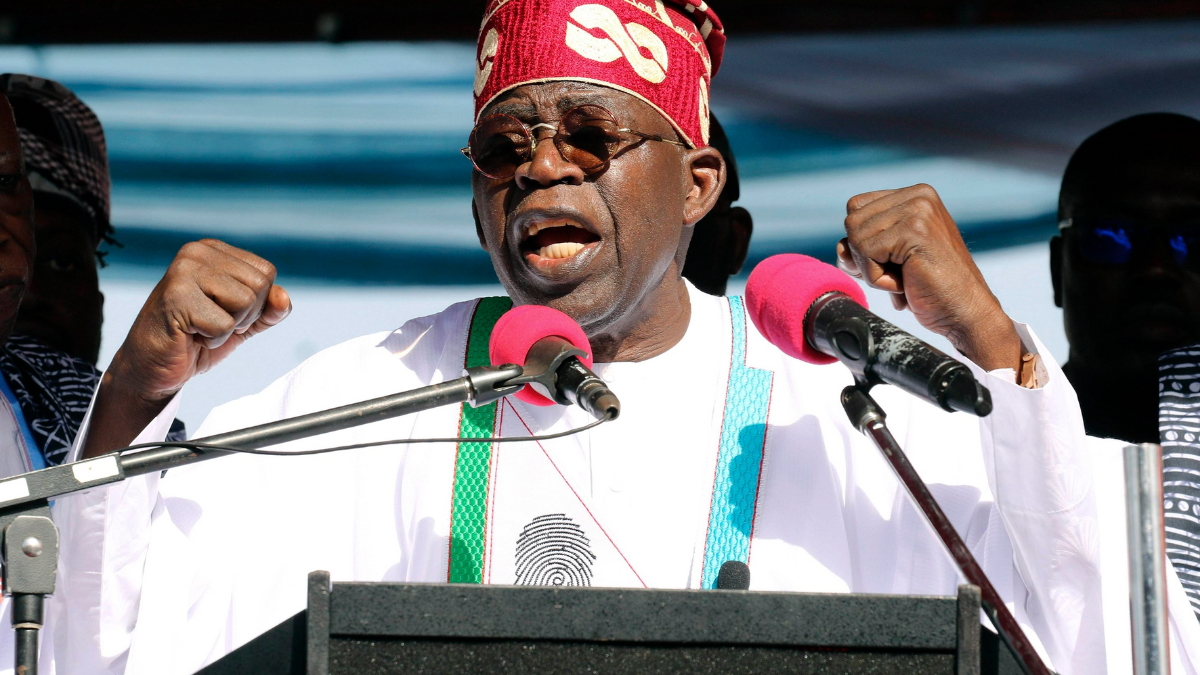This is not a clickbait, what it is though, is an emergency. According to a study published by Oxfam, a nonprofit focused on ending inequality and poverty, a Nigerian civil servant would have to work nonstop for 207 years before they can earn the yearly salary of a Senator in the country.
A breakdown
The monthly salary of an average senator in Nigeria is ₦1.5 million but that wouldn’t be much of an issue if it stopped there. The Senator also gets another ₦13 million, totaling ₦14.5 million per month and ₦174 million per year.
An average civil servant, on the other hand, earning the new ₦70,000 minimum wage gets to take home ₦840,000 on a yearly basis. This means it’ll take a civil servant 21 years to earn a senator’s basic salary and 702 years when the lawmaker’s running costs are added.
What’s new about this conversation?
If you are reading this, chances are you’ve seen tons of conversations in the past about the take-home salaries of Nigerian lawmakers. Chances are too, that you’ve done a little googling and seen them but what you may not have done is successfully put things into perspective like the reports from Oxfam have been able to.
The two studies, Income and Wealth Inequality in Nigeria: Trends and Drivers, and Taxing the Rich Fair Tax Monitor published today October,15, were carried out by the non profit expose how very few of Nigeria’s population enjoy the wealth of the nation. They reveal information that when put side by side, helps paint a clearer picture of how deeply the wealth inequality in Nigeria runs. Here are some of the facts:
- Nigerian lawmakers earn one of the highest salaries in the world, second only to Australia.
- When compared to the average income of a Nigerian (not just civil servants) lawmakers earn 58 times more.
- Both on global and continental levels, Nigeria’s spending on essential social services (which benefit the poor) is so poor that a 2021 Inequality Index from Oxfam ranked it the lowest in ECOWAS, and second lowest in Africa and the world- for context, when combined, Nigeria’s budgetary allocation for both education and healthcare is only 7%.
More Context on the country’s unequal distribution of wealth
Nigeria is facing the worst inequality crisis in Africa. It’s not about “the rich will keep getting richer”, it’s much worse- the poor will keep getting poorer because the bulk of wealth in the country keeps circulating within a select few, lawmakers inclusive.
This means that even when Nigeria experiences growth, the benefits will most likely not reach you because according to the just-published studies, “only a small percentage of people” profited from the 7% annual growth that Nigeria’s GDP witnessed throughout the 2000s.
If you think it’s normal for the rich in Nigeria to earn ridiculously higher than the average person, you’re wrong- it’s weak laws and policies that enable this reality. As Hussaini Abdu, Country Director of Care International explains put it, “Inequality is not inevitable, it is a direct result of policy choices and it can be reversed with the right interventions.” If you’re wondering what the right interventions are, the Oxfam reports shared a couple.
How does Nigeria escape wide inequality?
If you asked us, we’d say the government should review Senators’ salaries first thing tomorrow morning because there is no reason public servants should earn an annual salary that will take an average member of the public two centuries to catch up to and also because If we were discussing inequality that should be tackled, you’d expect that the discussion be directed towards the crazy rich who are not paid with the public purse.
According to the experts though, the Nigerian government has to implement the following to make the situation better:
- Increase social spending: the government has to dedicate more to services that benefit the poor like health and education.
- Support Agriculture: The government must do more to encourage agricultural activities by pushing policies that improve the infrastructure of rural areas, providing farmers with subsidies and credit facilities, etc.
- Implement progressive taxation: the government has to tax the super rich more, to reduce the burden on the poor. Other recommendations from the report include
- Invest in human capita development: to help the economy grow and inequality reduce, the government should work towards creating more jobs, coming up with wages that are actually worth something, improving the education system, and more.




